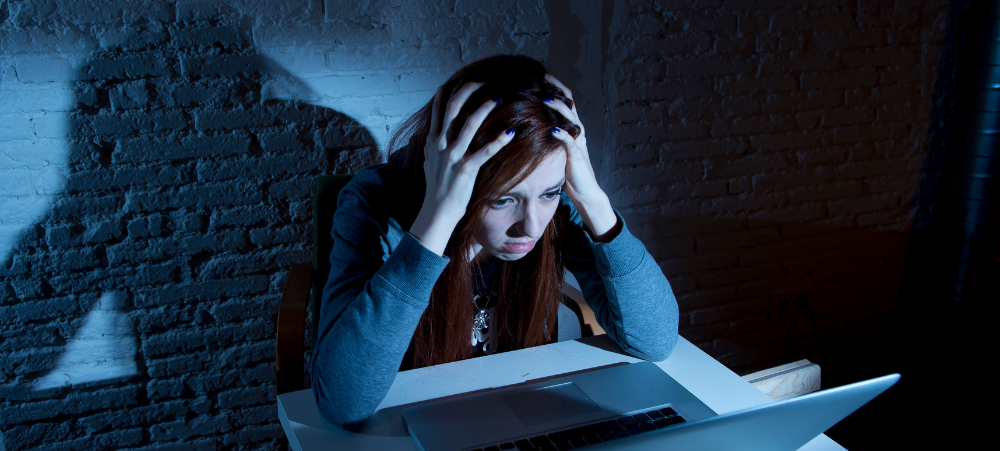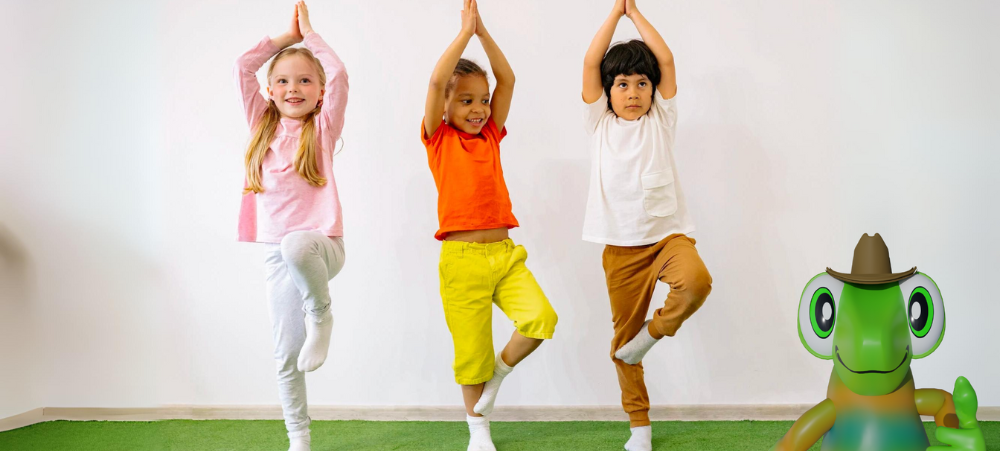Bullying at school is common and the source of much misery and discomfort for many students and their parents in turn. The effects can be long lasting for the victim’s health and wellbeing, sometimes even having fatal consequences. Teachers are trained to help combat this anti-social behaviour and parents as well as students have access to many outside support structures that give guidance on how to overcome the effects of bullying.
Parents, often, only see their child as a possible victim and therefore, guide their child on how to avoid being bullied. It is rare for parents to consider that their child might be the bully. This is understandable; after all, acknowledging that your child is a bully, is possibly an indictment on you as a parent. Sadly, we are well aware that bullying at schools is rife; someone is doing it. Frighteningly, it could very well be your child. One should recognise and acknowledge this possibility and remedy such behaviour patterns immediately. Your child could see denying the occurrence or ignoring the problem as acceptance of this anti-social behaviour. The long-term consequences of being a bully are scary. Bullies are prone to mental illness later in life. They continue to be aggressive and even violent. According to stopbullying.govbullying is a risk factor for depression and thinking about suicide. Children who bully others, are bullied, or both bully and are bullied are more likely to think about or attempt suicide than those who are not involved in bullying at all.
Therefore, if you notice some of the following signs, it is time to step in and get help for your child as mentioned by Sheeri Gordon on Tips for addressing bullying by your child(2019):
- Your child is often in the company of other bullies
- Your child is constantly criticising and insulting other children to the extent that they feel belittled and offended
- Your child is regularly violating the school’s code of conduct and in trouble at school
- Your child actively invites kids over but turns down a couple that used to be included
- Your child is obsessed with being popular
- Your child is aggressive physically and/or verbally
- Your child is uncompassionate and has no concern for those that suffer
- Your child avoids you and spends too much time alone at home
Address the bullying without delay; don’t hope that it will stop. Your child must know that you explicitly disapprove of the behaviour and that they will be disciplined. It must be clearly understood that bullying is inexcusable. However, the appropriate disciplinary measures can only be taken if you know why your child is bullying someone else. Identify the reasons, for example, your child may be bullying others because they want to be part of a popular group. You should address the importance of keeping the right company and not succumbing to peer pressure. Remember to let the punishment fit the crime. A knee jerk reaction is likely to make matters worse.
Taking away privileges is a tried and tested form of discipline for teens and is very effective. For example, you can take away electronics, watching TV and the privilege of attending parties or special events. The list is endless. Ensure that that you don’t give in at any point and stick to the length of time that the privilege will be revoked.
Collaborate with the school and show full support for the school’s code of conduct. Don’t attempt to rescue them from the consequences of their actions. Once this is done, your child will expect that you will always do so and will not take responsibility for their actions.
Determine the details of your child’s bullying behaviour. Are there skills your child is lacking that may prevent future bullying incidents like anger management and impulse control? Seek professional assistance if required. Don’t dispel the value of a session or two with a psychologist if need be.
Avoid humiliating or shaming your child, especially not in front of anyone else. Letting family members and friends know about what is going on, will not help. In fact, it could prove only to worsen the behaviour. Keep it private and the solution will be more easily achieved. Remember, praise may be public; but punishment, always private.
Talk about the consequences of bullying; be sure your child takes the time to really think about how he would feel if he was on the receiving end. When children learn to see things from a different viewpoint, they are less likely to bully again. Raising your child’s emotional intelligence and instilling empathy will go a long way in preventing bullying. So consider carefully, your own actions and utterances as a parent; children most often, unwittingly emulate their parents.
When bullying is identified early and addressed appropriately, it usually won’t happen again. However, don’t automatically assume that this is the case. Instead, monitor your child’s conduct and continue to discipline him if necessary. If given the right skill set, most children who bully others can change. Stopping your child from bullying others can take some time, it’s not an overnight solution.
Written by: Sedhoorajan Padayachee, Principal at Abbotts College Northcliff
- The B-Word: Understanding & Addressing Bullying in Schools - April 4, 2025
- Stress Less, Achieve More: Parental Strategies to Soothe Exam Nerves - November 25, 2024
- A Principal’s Perspective: Nurturing Resilience & Endurance in Your Child - July 15, 2024





